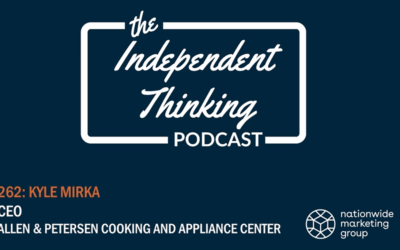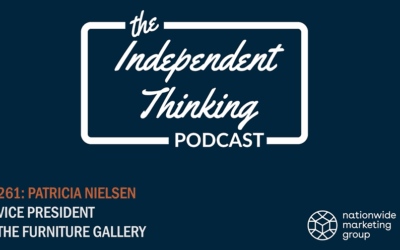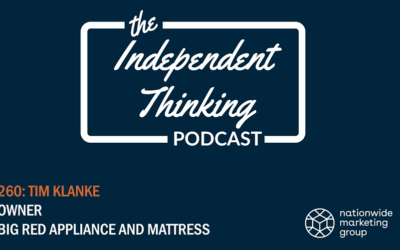This article was originally published by Independent We Stand.
Everyone wants a good deal, but many consumers are looking in the wrong place. Big-box stores and online retailers attract customers with flash sales and low prices, and small businesses often get overlooked. Even in the Amazon economy, though, small businesses offer a better value.
“Our biggest competitor is not a store but a perception,” says Jim Wilhite, owner and general manager of Love TV Sales & Service. Wilhite’s St. Louis-area small business will soon celebrate its 70th anniversary, but that success has come with its fair share of challenges. Namely, customers don’t think of his store as a viable, affordable option, Wilhite says.
“Our prices are consistently in line with the market and have been for years,” Wilhite says. “But the common misconception is that a small store like ours cannot compete because it doesn’t have the same buying power as a big-box store.”
Like many independent retailers, Love TV Sales & Service belongs to a buying group that gives it a boost in buying power. These groups, including IWS sponsors Nationwide Marketing Group and Do it Best Corp., bring independents together to pool their resources and leverage their numbers into greater buying power. As a result, small businesses can get better prices on necessities like inventory and advertising.
But price isn’t the only aspect of value — and small businesses know that the customer cares as much about the experience as the price. Caring for the customer by helping them enjoy their purchase long after the sale adds a value that you can’t easily put a price on.
“Our founder had some old sayings and clichés that were wise,” says Wilhite. “One of them is, ‘Quality is a bargain at any price.’ This sums up our philosophy of what products we choose to sell. Quality first and everything else, including price, second.”
Expert staff, superior products and forgiving return policies are just some of the ways that independent retailers outdo their competition. At Love TV Sales & Service, for instance, every buyer gets a lifetime of free tech support on their products. In other words, there’s no need to pay for a support plan on top of a new piece of equipment. The store also maintains a “no receipt, no problem” return policy, relying on its thorough records that go back more than 25 years to look up past purchases.
From tech support to customer service, the benefits of small businesses are inherent in their business model. By staying small, these businesses can do more for their customers.
“We like the single-store concept,” says Wilhite. “We like having the control we have over our products. We are able to turn on a dime and we’re very adaptive to market conditions.”
While big-box stores and online retailers cling to price, independent retailers are finding more and more ways to increase buying power and add other forms of value to each transaction. For those retailers, it’s all about promoting the added value. For consumers, it’s time to look beyond the big-box model.




